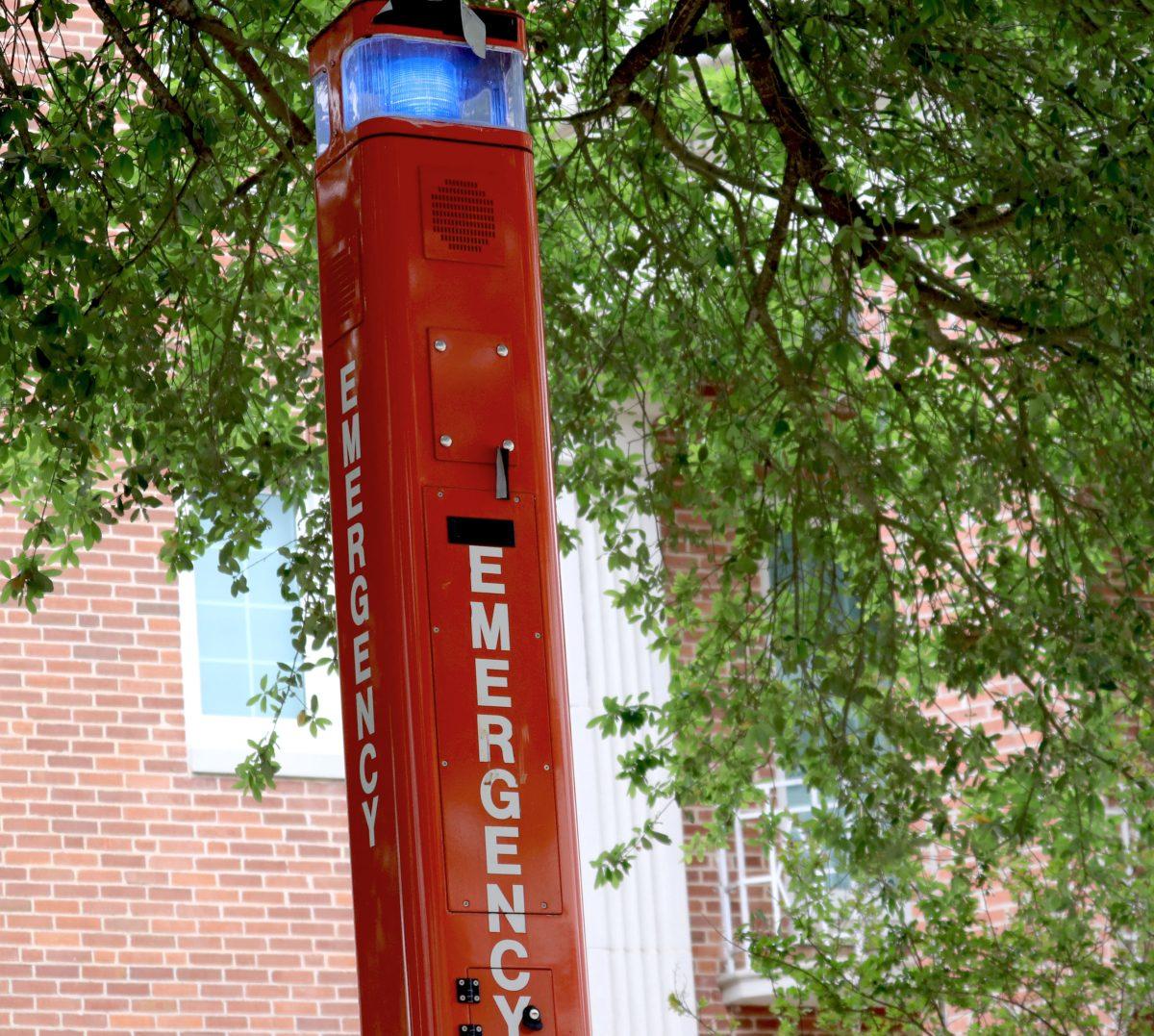The Nintendo Switch has been a massive success for Nintendo. At last, Nintendo has found the hybrid between handheld and console gaming that gives them a relevant niche to survive in a changing world increasingly reliant on smart phones. Eclipsing 14 million as of Dec. 31, the Switch has surpassed Nintendo’s predecessor console, the Wii U, in lifetime sales. This is an impressive accomplishment in under a year. Also in Nintendo’s 2017 financial statement, the universally acclaimed “Legend of Zelda: Breath of the Wild” has sold 3.9 million copies, which is enough to shift console sales of the Switch. Even “Xenoblade Chronicles 2” has sold 1.08 million copies, which is higher than the first game despite almost not getting released in North America. With the Switch’s impressive accomplishment and a promising game library, it will change the landscape of gaming.
The Switch has a genius concept of being able to play the console anywhere, while also having the option to plug it into a TV. It’s simple, yet intuitive, because it breaks the mindset that handheld gaming is only for a few minutes but does not remove the mobile aspect from it. Children and adults love this system because they don’t have to sit in front of a TV or computer to enjoy console-like games. In a world where the Internet is practically everywhere including our fingertips, having games that provide the experiences you would expect from a home console, such as the PlayStation 4 and Xbox One, is crucial to staying relevant.
Thus, the Switch provides a perfect medium. It’s not a platform for cheap games loaded with micro-transactions in which people buy items or accessories to progress through the game which can sometimes grind the game to a halt—neither must third-parties like Capcom cross an insanely high-cost barrier like many retail western games, such as “Star Wars: Battlefront,” which abused loot boxes and led to the Belgian government considering banning loot boxes. The Switch is in the middle, which makes it convenient for Japanese third-parties – who often cannot finance high-end third-party titles to support the system. Third-party games, like “Super Bomberman R and Mario + Rabbids Kingdom Battle,” have sold well on the Switch and third-parties consoles, and as a result are coming out with new announcements of ports and even new games, showing up “Mega Man 11” and the Switch-exclusive “Bayonetta 5” and “Shin Megami Tensei V.” As the Switch continues to be successful, expect to see more ports and exclusives from both Western and Japanese third-parties.
This console is a much-welcomed change from the underwhelming Wii U, and the dissipation of the mid-tier gaming prominent as recently as the Wii and DS. I hope that the system continues to succeed, and hopefully blossom to a more diverse gaming scene.






